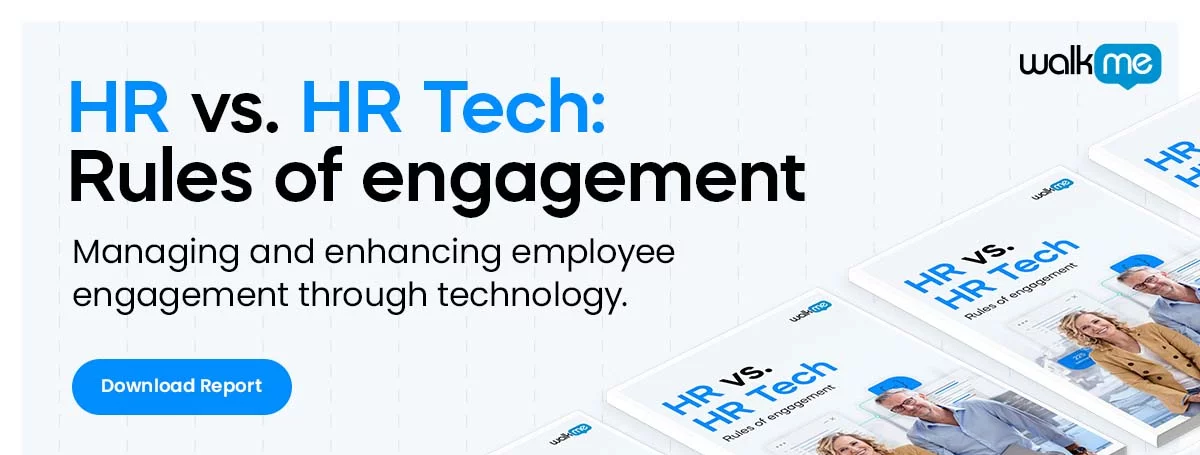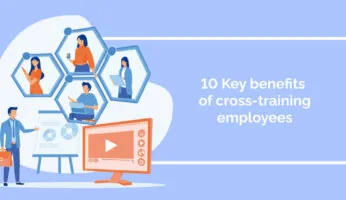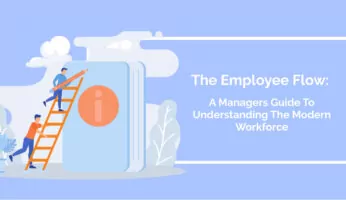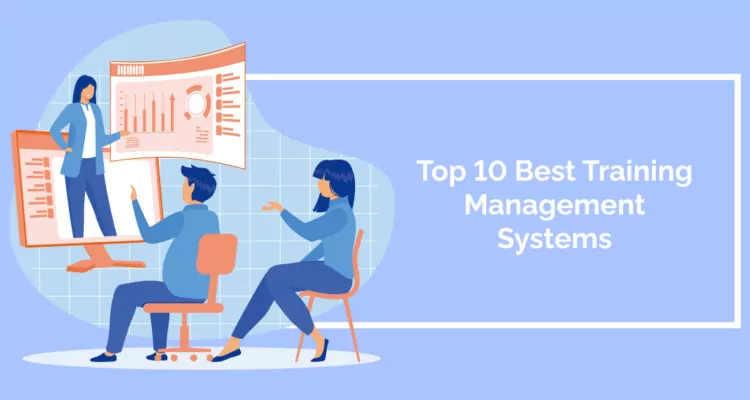
Learning is essential, but not every organization makes it meaningful to employee experience.
The right training management systems and how they manage, monitor, and create accountability for employee training can directly influence the culture of personal development.
By 2026, e-learning will reach a global market value of USD 400 billion, with many enterprises using the TMS as their core training process.
This statistic further pressures organizations to choose the right TMS to equip their employees with the right skills.
To help you understand the ten best training management systems, we will answer the following questions:
- What are training management systems (TMS)?
- What are the top 10 best training management systems?
- Why are training management systems important?
- What is the difference between TMS and CRM?
What are training management systems (TMS)?
Training firms and learning and enterprise development departments deploy training management systems (TMS) to optimize training operations to increase employee productivity and revenue.
These tools assist users in planning, arranging, expanding, and sustaining training programs to ensure learning departments offer employees learning and development opportunities via advancements and certifications.
They often streamline the learning process by prioritizing a digital adoption platform (DAP) and online learning over instructor-led training for efficiency and allowing employees to study as they work.
Top 10 best training management systems
We have researched the top ten training management systems by aggregating the results of the top three software review websites.
We present these TMS tools to you using the top three software evaluation websites as of November 2023, using a combination of several user reviews and the number of ratings.
We show you the features you will find most useful, what users love and dislike about each tool using actual user quotes, and what kind of professionals each TMS is best for.
Look at our comprehensive top ten list and choose the best TMS.
1. Absorb LMS
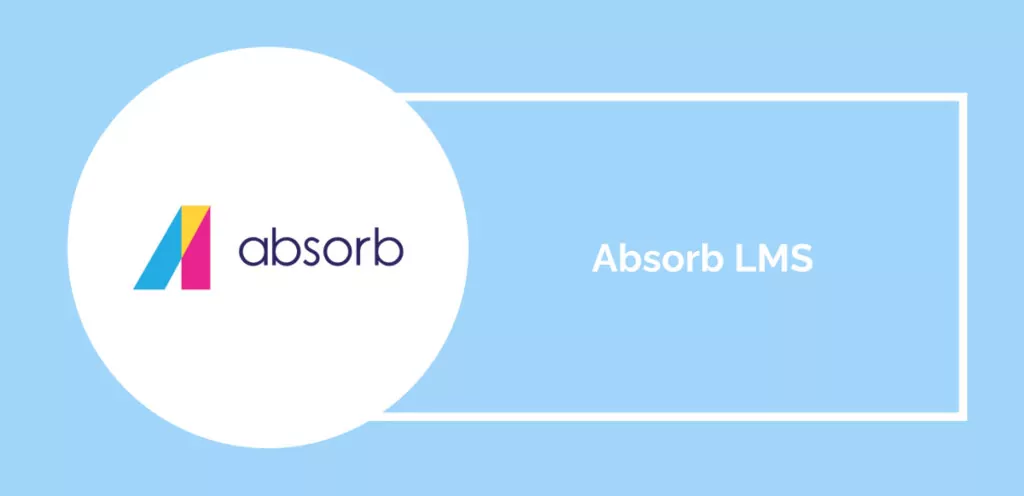
Review Rating: 4.7/5
Ease of Use: Excellent
Effectiveness: Excellent
Pricing: Check website.
Best for: Instructional designers.
Absorb LMS is a versatile Learning Management System facilitating seamless training and development.
With user-friendly features, it streamlines content delivery, tracking, and reporting for enhanced organizational learning experiences.
Features
- Intuitive User Interface: User-friendly design for easy navigation.
- Robust Content Management System: Efficiently organize and deliver diverse content.
- Advanced Reporting and Analytics Tools: Insightful data for informed decision-making.
- Responsive Mobile Learning Experience: Accessible training on various devices.
- Automated Compliance Tracking Mechanism: Ensures adherence to regulatory standards seamlessly.
- Scalable and Configurable Platform: Adaptable to evolving organizational training needs.
2. Trainual LMS
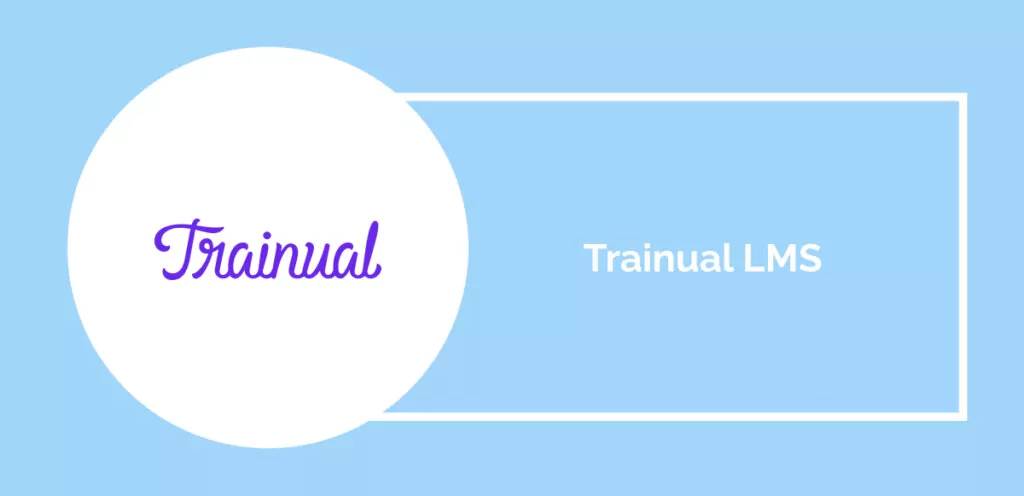
Review Rating: 4.7/5
Ease of Use: Good
Effectiveness: Excellent
Pricing: $83 per month.
Best for: Operations managers, owners.
Trainual LMS is a knowledge transfer and training platform that empowers expanding teams to create a playbook defining internal training and task management operational procedures.
Its unique selling point is simplifying complex processes through interactive content creation and real-time tracking.
Features
- Efficient Onboarding and Training Processes: Streamlines employee onboarding and ongoing education.
- Interactive Content Creation and Delivery: Engaging multimedia tools for effective learning.
- Centralized Documentation and Policy Management: Organizes policies and procedures for easy access.
- Real-time Tracking and Accountability Metrics: Monitors progress and ensures accountability effortlessly.
- Collaborative Team Training and Communication: Fosters team collaboration through shared learning.
- User-Friendly Interface with Intuitive Navigation: Easy-to-use design for seamless user experience.
3. Tovuti LMS
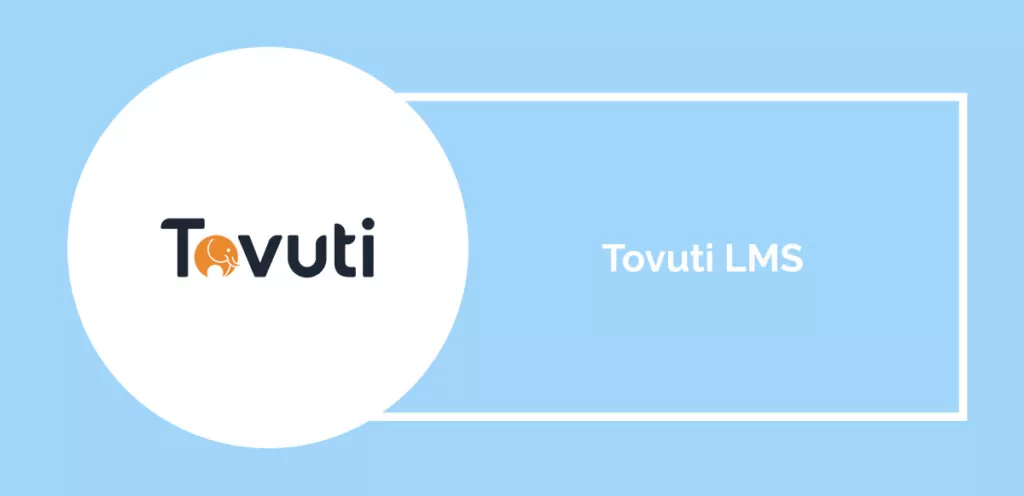
Review Rating: 4.6/5
Ease of Use: Excellent
Effectiveness: Excellent
Pricing: Available on application.
Best for: Software engineers and developers.
Tovuti LMS provides a people-centric, adaptive platform for interactive online learning experiences.
It excels with its versatility, offering advanced customization, interactive content, and robust analytics for effective organizational learning.
Features
- Dynamic Content Creation Tools: Easily develop engaging multimedia-rich learning content.
- Customizable Interface and Branding Options: Tailor the LMS to match your brand.
- Advanced Gamification for Enhanced Engagement: Boosts learner motivation through interactive elements.
- Integrated eCommerce and Monetization Features: Monetize courses effortlessly with built-in tools.
- Robust Analytics and Reporting Capabilities: Gain insights with comprehensive tracking and reporting.
- Collaborative Social Learning Spaces: Fosters interaction and knowledge-sharing among learners.
4. Whale

Review Rating: 4.7/5
Ease of Use: Good
Effectiveness: Excellent
Pricing: Free (max 5 users).
Best for: HR and L&D professionals.
Whale is the documentation and training tool that consolidates your processes, SOPs, playbooks, and beyond and empowers team training.
Its user-friendly course creation, interactive assessments, and scalable, adaptable learning experiences help it stand out from other LMS tools.
Features
- Intuitive Course Creation and Management: User-friendly tools for seamless content development.
- Customizable Branding and Interface Options: Tailor the LMS to match your brand.
- Interactive Assessments and Quizzes: Engaging evaluation tools for effective learning.
- Robust Reporting and Analytics Capabilities: Comprehensive insights for informed decision-making.
- Multi-language and Localization Support: Facilitates global learning with diverse language options.
- Scalable and Flexible Learning Platform: Adaptable to evolving organizational training needs effortlessly.
5. TalentLMS
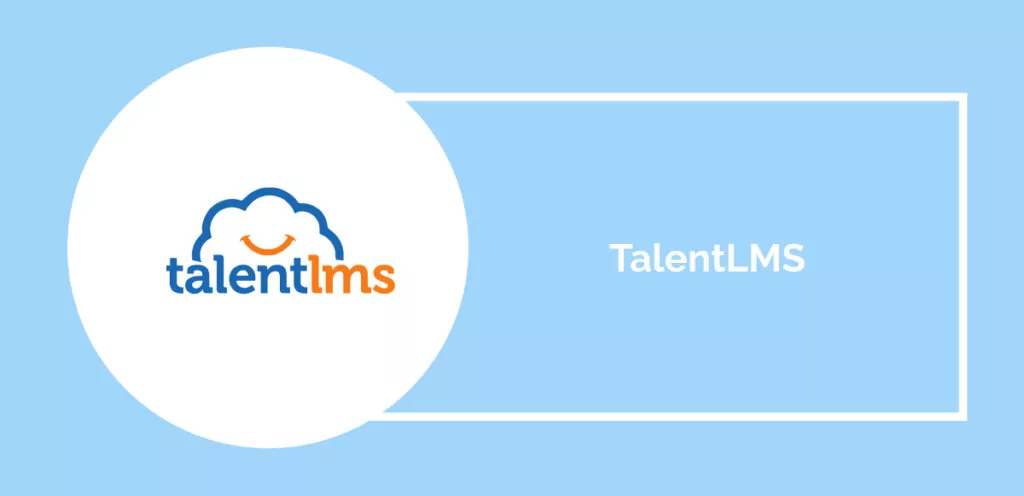
Review Rating: 4.6/5
Ease of Use: Good
Effectiveness: Good
Pricing: Free (lowest tier).
Best for: CEOs and directors.
TalentLMS delivers and manages online training programs, ensuring efficient learning experiences for diverse professionals and organizations.
This LMS is distinguished by its intuitive design, comprehensive analytics, and adaptable features for optimal organizational training experiences.
Features
- User-Friendly Course Creation and Management: Intuitive tools for seamless content development.
- Customizable branding and interface options: Tailor your options to match your organization’s identity.
- Advanced Reporting and Analytics Capabilities: Comprehensive insights for informed decision-making strategies.
- Collaborative Social Learning Features: Fosters interaction and knowledge-sharing among learners.
- Mobile Learning Accessibility: Ensures training flexibility across devices.
- Scalable Cloud-Based Learning Platform: Adaptable to organizational growth with ease.
6. LearnUpon LMS
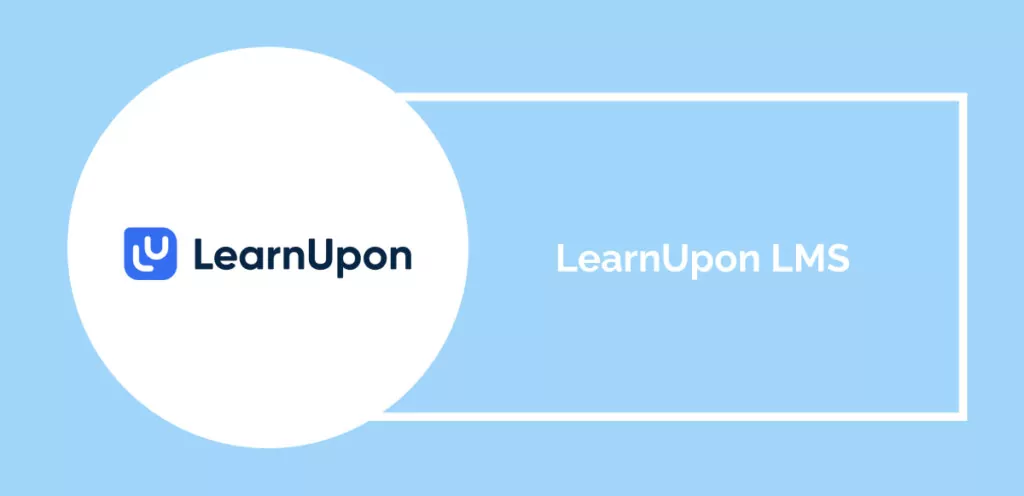
Review Rating: 4.6/5
Ease of Use: Good
Effectiveness: Excellent
Pricing: Available on application.
Best for: HR and L&D professionals.
LearnUpon attempts to simplify learning and have a significant impact on personal development.
The LearnUpon LMS excels with customizable design, robust reporting, and collaborative social learning for comprehensive training solutions.
Features
- Intuitive Course Creation and Management: Streamlined tools for seamless content development.
- Customizable Branding and Interface Options: Tailor to match organizational identity seamlessly.
- Powerful Reporting and Analytics Capabilities: Comprehensive insights for informed decision-making strategies.
- Collaborative Social Learning Features: Fosters interaction and knowledge-sharing among learners.
- Mobile Learning Accessibility: Ensures training flexibility across devices.
- Scalable Cloud-Based Learning Platform: Adaptable to organizational growth with ease.
7. PlaybookBuilder
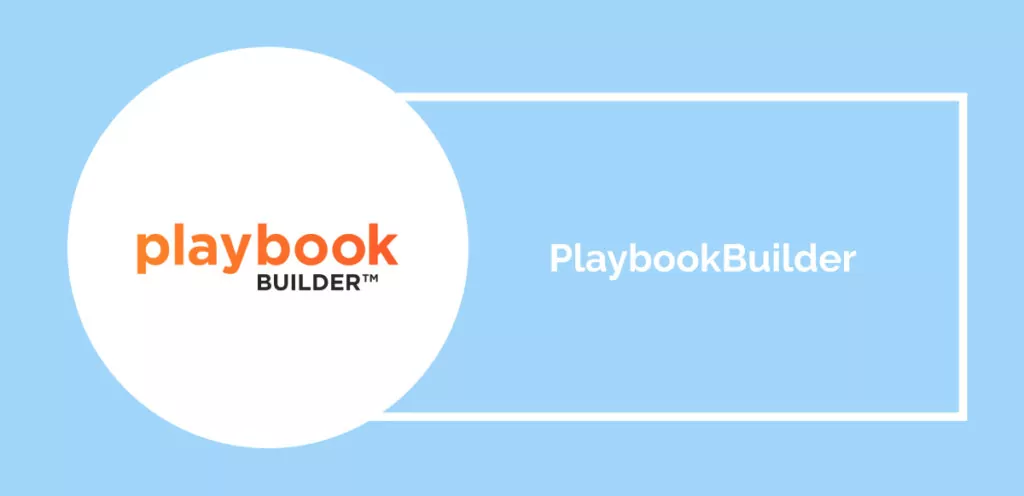
Review Rating: 4.6/5
Ease of Use: Excellent
Effectiveness: Excellent
Pricing: Free trial available (50 users).
Best for: HR and L&D professionals.
Whether you aim to onboard, scale, sell, or enhance organizational performance, PlaybookBuilder—now featuring ChatGPT—has you covered.
Playbook Builder LMS is unique due to its streamlined course creation, branding options, and robust analytics for tailored organizational learning.
Features
- Effortless Course Creation and Management: Streamlined tools for seamless content development.
- Customizable Branding and Interface Options: Tailor to align with organizational identity seamlessly.
- Robust Reporting and Analytics Capabilities: Comprehensive insights for informed decision-making strategies.
- Collaborative Social Learning Features: Fosters interaction and knowledge-sharing among learners.
- Mobile Learning Accessibility: Ensures training flexibility across devices.
- Scalable Cloud-Based Learning Platform: Adaptable to organizational growth with ease.
8. Rippling

Review Rating: 4.8/5
Ease of Use: Good
Effectiveness: Excellent
Pricing: Available on application.
Best for: CEOs, software engineers.
Rippling provides a unified global platform for businesses to manage HR, IT, and Finance in one central location.
it uniquely integrates HR, IT, payroll, and benefits, simplifying employee management for streamlined operations.
Features
- Unified Employee Management Platform: Centralizes HR, IT, and employee data.
- Automated Onboarding and Offboarding Processes: Streamlines employee transitions seamlessly.
- Integrated Payroll and Benefits Administration: Simplifies compensation and perks management.
- Time and Attendance Tracking Tools: Efficiently monitors employee work hours.
- Customizable Workflows and Approvals: Adapts to organizational processes with flexibility.
- Advanced Security and Compliance Measures: Ensures data protection and regulatory adherence.
9. Brainer LMS
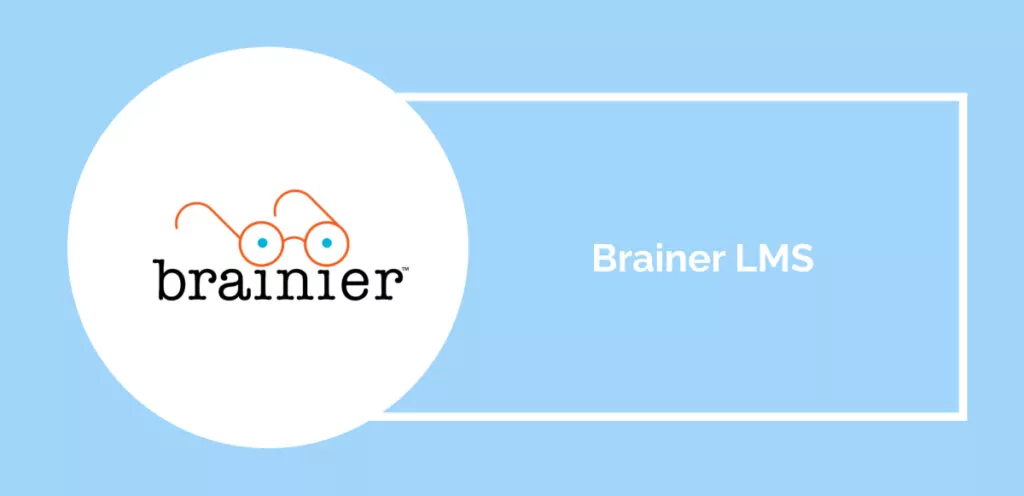
Review Rating: 4.6/5
Ease of Use: Good
Effectiveness: Excellent
Pricing: Available on application.
Best for: HR and L&D professionals.
Brainier LMS is a distinguished learning and development platform that extends training beyond an organization’s physical boundaries.
In addition, Brainier LMS offers intuitive design, powerful analytics, and scalability for seamless organizational learning and development experiences.
Features
- Intuitive Course Creation and Management: User-friendly tools for seamless content development.
- Customizable Branding and Interface Options: Tailor to match organizational identity seamlessly.
- Powerful Reporting and Analytics Capabilities: Comprehensive insights for informed decision-making strategies.
- Collaborative Social Learning Features: Fosters interaction and knowledge-sharing among learners.
- Mobile Learning Accessibility: Ensures training flexibility across devices.
- Scalable Cloud-Based Learning Platform: Adaptable to organizational growth with ease.
10. iSpring Learn
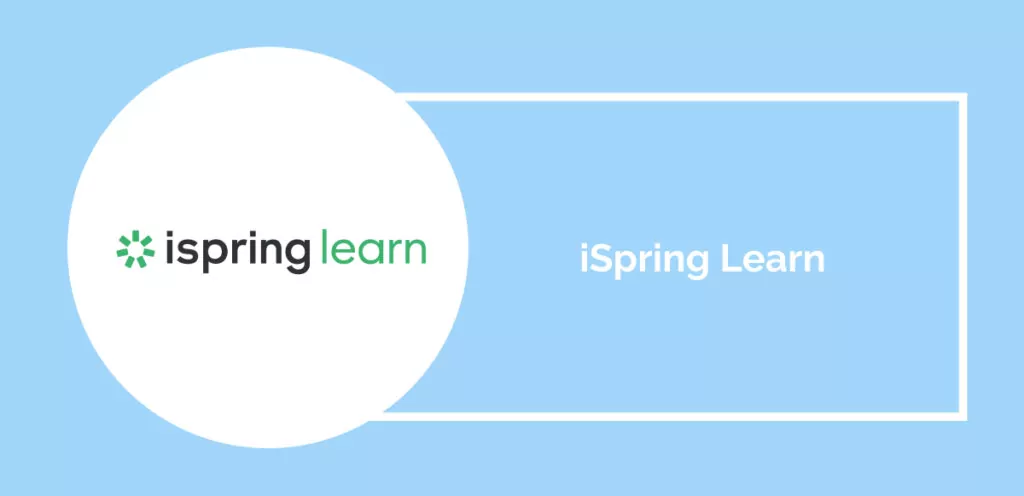
Review Rating: 4.6/5
Ease of Use: Good
Effectiveness: Excellent
Pricing: Available on application.
Best for: HR and L&D professionals.
iSpring Learn is an all-encompassing training platform designed to fulfill the requirements of a business at any phase of its growth.
The iSpring Learn TMS attempts to wow users with intuitive design, robust analytics, and mobile accessibility for effective organizational training.
Features
- Intuitive Course Creation and Management: Streamlined tools for seamless content development.
- Customizable Branding and Interface Options: Tailor to match organizational identity seamlessly.
- Robust Reporting and Analytics Capabilities: Comprehensive insights for informed decision-making strategies.
- Collaborative Social Learning Features: Fosters interaction and knowledge-sharing among learners.
- Mobile Learning Accessibility: Ensures training flexibility across devices.
- Scalable Cloud-Based Learning Platform: Adaptable to organizational growth with ease.
Why are training management systems important?
The TMS offers a centralized platform to arrange and oversee learning materials, courses, and resources. This system enables organizations to simplify the organization of training content, ensuring it’s readily available to learners anytime and anywhere.
There are several reasons why a TMS is critical, beginning with the flexibility and scalability of training courses.
Scalability and Flexibility
TMS offers scalability, allowing organizations to meet the learning needs of a growing number of employees.
Enhanced Learning Experience
A learning management system enhances the learning experience with interactive and engaging content.
Efficient Administration and Tracking
TMS simplifies administrative tasks by automating course enrollment, progress tracking, report generation, and certification management.
Time and Cost Savings
The learning management system helps organizations save time and reduce costs associated with traditional training methods.
Performance Management and Assessments
Training management software enables accurate tracking and assessment of learner performance.
Continuous Learning and Skill Development
TMS promotes a culture of continuous learning with ongoing access to resources and learning opportunities.
Compliance and Regulatory Requirements
Training management software is critical in ensuring compliance with industry-specific regulations and training requirements.
Data-driven Insights
Learning management systems generate valuable data and analytics, providing insights into learner engagement, course effectiveness, and training outcomes.
What is the difference between TMS and CRM?
It might be easy to confuse TMS and CRM, as HR uses both to oversee the support of many users. Let’s begin by looking at each and then comparing the two to understand how they differ.
TMS
A Training Management System (TMS) is training software that allows you to generate, store, oversee, and distribute educational content to individuals within your organization.
CRM
Customer Relationship Management Software (CRM) consolidates your leads and customers in a single location.
Although HR uses both, TMS and CRM are very different, as a TMS supports staff learning within a training program, and a CRM supports customers’ changing needs.
Take your time to choose the right TMS for you
When selecting a Training Management System (TMS), invest the time to find the perfect fit for your needs.
Consider scalability, flexibility, and the user experience each platform offers, as well as factors like administration efficiency, cost savings, and performance improvement and management features.
A thoughtful choice ensures seamless integration into your organization, promoting practical training and development initiatives and staff who enjoy learning and want to accumulate new skills daily in a successful enterprise.
Tristan Ovington
Tristan Ovington is a professional senior writer and journalist, specializing in providing expert insights on various topics such as digital adoption, digital transformation, change management, and Cloud apps. He delivers his knowledge through accessible online content that is data-driven and presented in a friendly tone, making it easy for readers to understand and implement.
